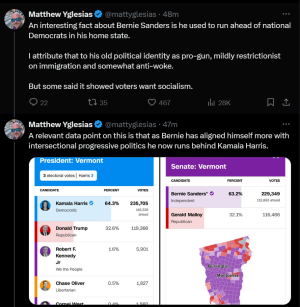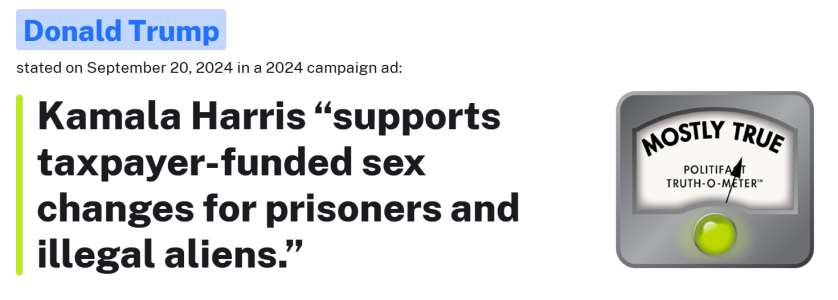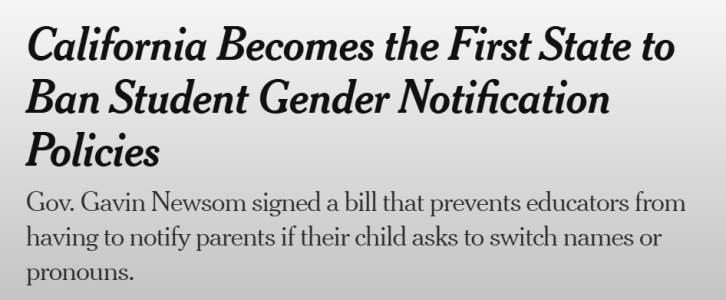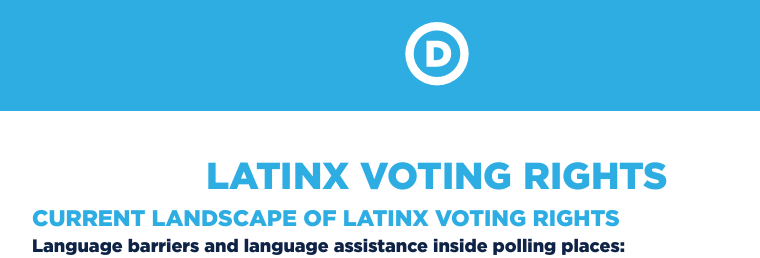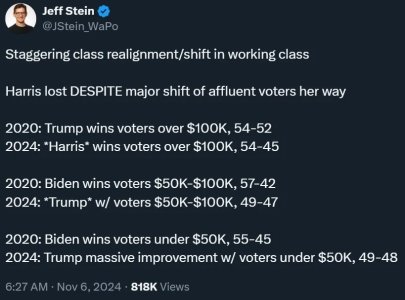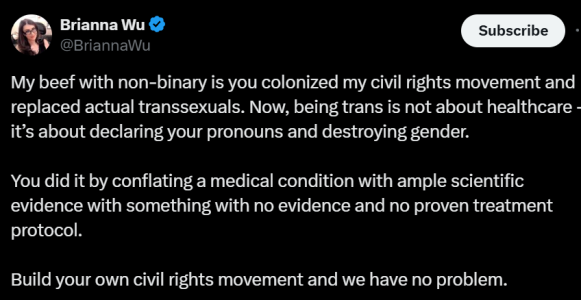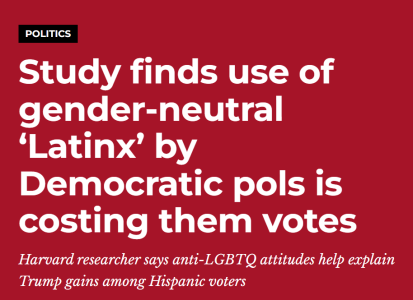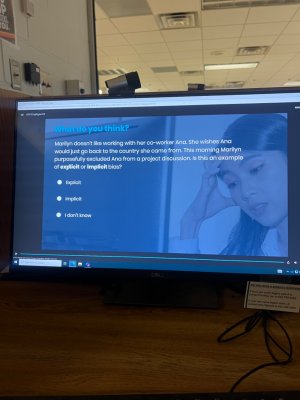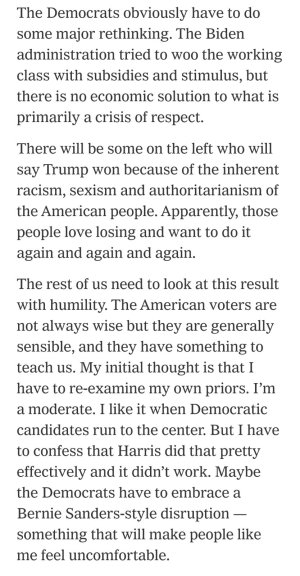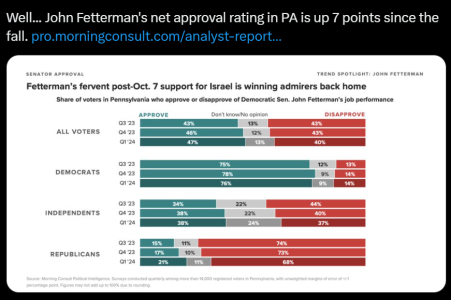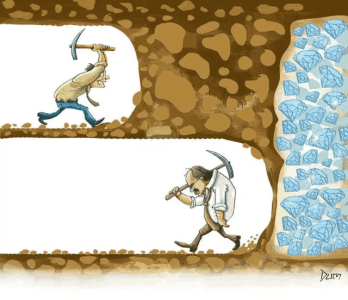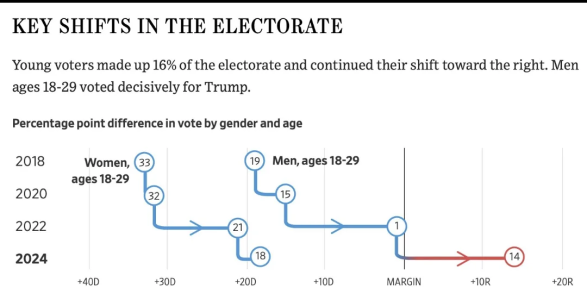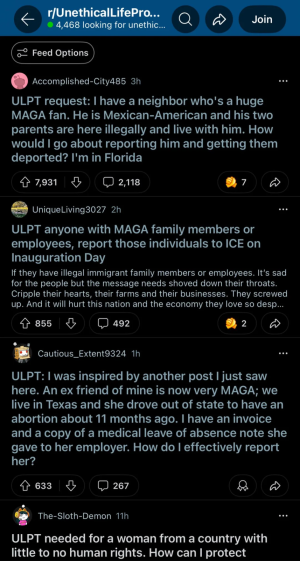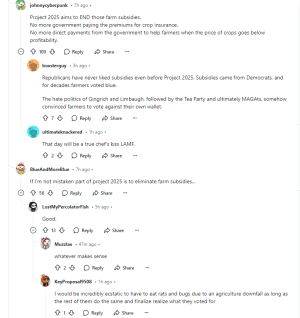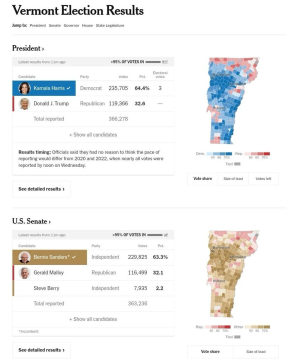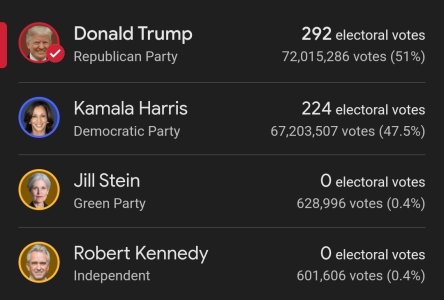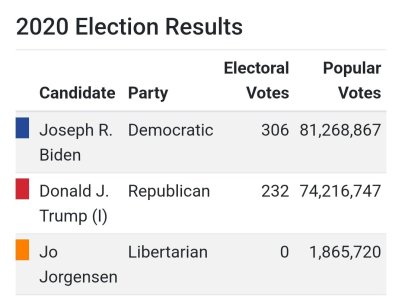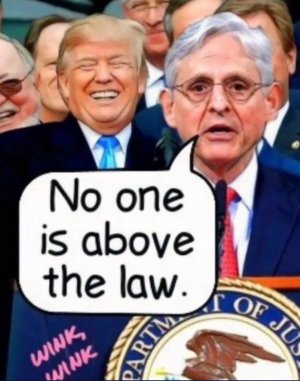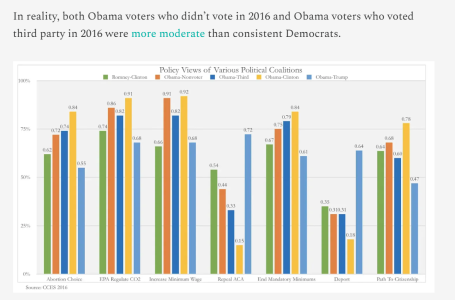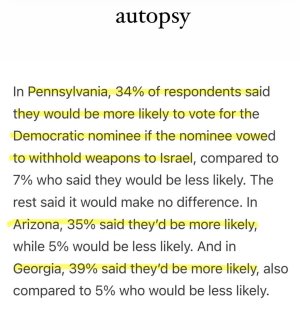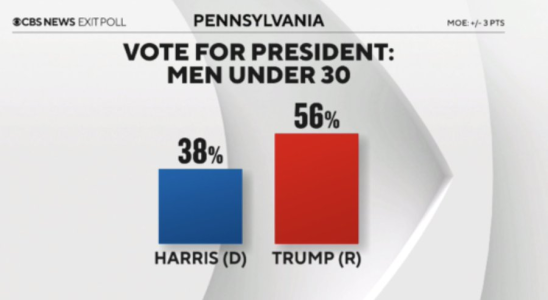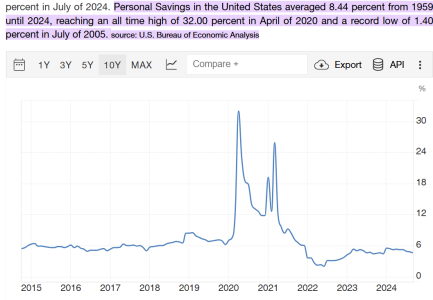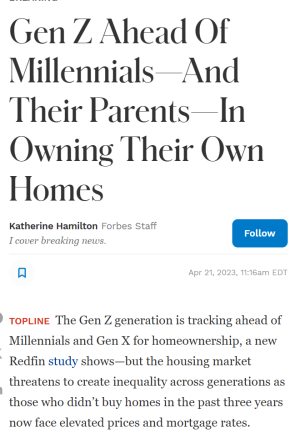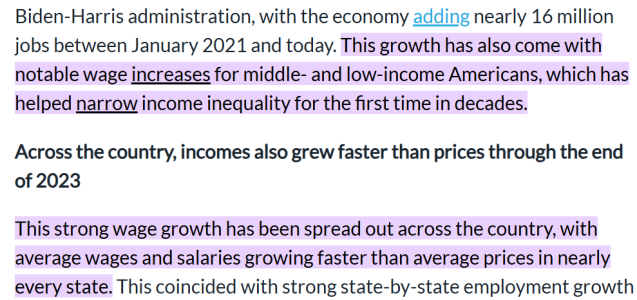- 14,870
- 36,018
I get the distinction.I didn't say Americans are opposed to the us social safety net.
I said they are opposed to tax increases required to fund larger more robust Nordic style social safety nets
It is true that Democrats avoid to say that taxes will go up, but I think it has less to do with Americans not wanting to pay for those social policies and more to do with the belief that the government can't do right by the average American (which would mean increasing taxes AND capping healthcare and education costs at a very affordable level), which is a sentiment that has been cultivated for the last 40 years (Reagan's famous nine words come to mind).
Social benefits and the expectation of government intervention funded by taxes in the life of Americans were a tangible thing in this country during the first half of the 20th century. I believe Heather McGee mentions this in her book, but I can only find the graph below to illustrate how Americans trust in their government has evolved since the 50s.i have no idea if it's "un-american"
but i think there's plenty of evidence that there is a strain of individualism in American culture
that is unique to western democracies.
The move away from those expectations is a product of anti-communist propaganda campaigns in the 60s, which were also used to discredit the civil rights movement. And if you want to know the extent of that campaign of propaganda, you should know that those who apply to become citizens of the US are still asked today whether they were members of the (any) communist party. Also note that "under God" in the pledge was an anti-communist dog whistle.
The idea of American individualism has been manufactured and sold to the people as something they ought to believe in, but all major outcomes throughout American history were the result of collective endeavors, from the independence war to WWII. The US has always poached the smartest to advance its economic and technological sectors, and these minds have always worked in a collaborative environment.
Public opinion is malleable, and a lot of ideas that appear intrinsic to the American experience may not stand the test of time if you look far enough in the past.












